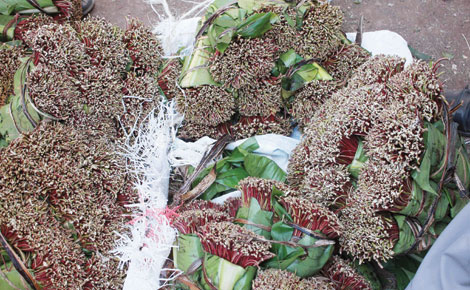×
The Standard e-Paper
Home To Bold Columnists
 |
| Miraa packed by traders for sale. [PHOTO: FILE/STANDARD] |
By JUMA KWAYERA
Kenya: A parliamentary committee now wants miraa to be protected as a crop by law to remove it from the category of plants the national anti-drug agency has listed as a drug.